Caosd Research group

Selected Publications
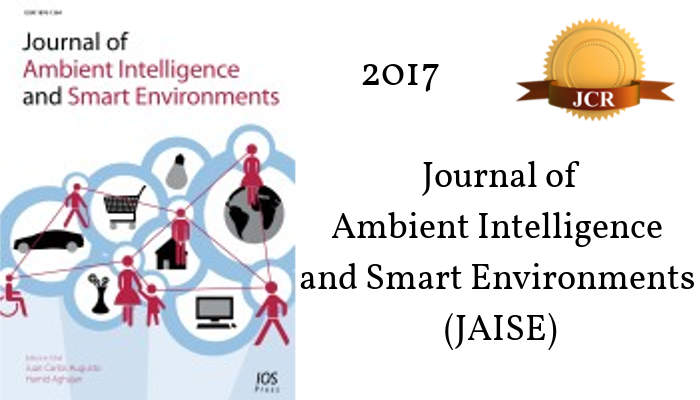
A mobile and interactive multiobjective urban tourist route planning system
Tourism is an emerging target area for interactive mobile device applications. This paper evaluates the performance of a multiobjective interactive urban route planner that calculates walking routes for tourists in urban areas. The system allows tourists to choose a walking route between two locations that is short, but at the same time traverses interesting tourist areas.
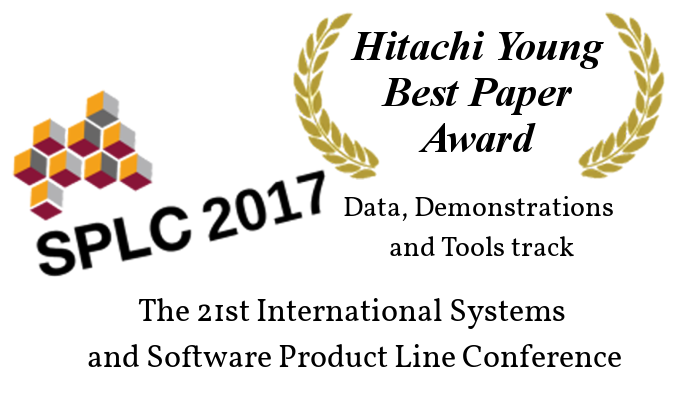
Extending the Common Variability Language (CVL) Engine: A practical tool
The Common Variability Language (CVL) has become a reference in the specification and resolution of variability in the last few years. The practical tool presented here is a working implementation of the CVL engine, that can be extended through a proposed API.

A mobile and interactive multiobjective urban tourist route planning system
Tourism is an emerging target area for interactive mobile device applications. This paper evaluates the performance of a multiobjective interactive urban route planner that calculates walking routes for tourists in urban areas. The system allows tourists to choose a walking route between two locations that is short, but at the same time traverses interesting tourist areas.
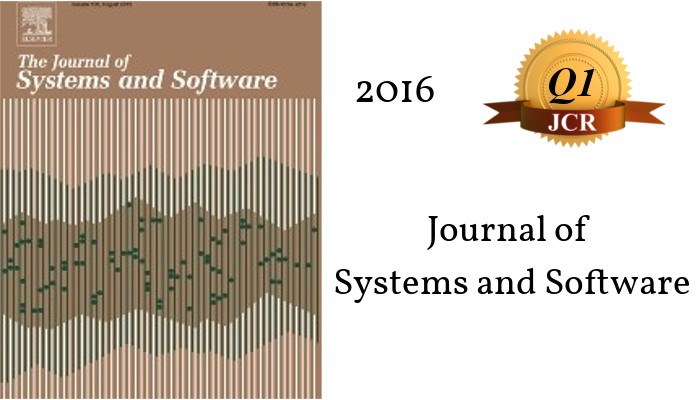
An automatic process for weaving functional quality attributes using a software product line approach
Some quality attributes can be modelled using software components, and are normally known as Functional Quality Attributes (FQAs). The goal of the work presented here is to provide the means for software architects to focus only on application functionality, without having to worry about FQAs.
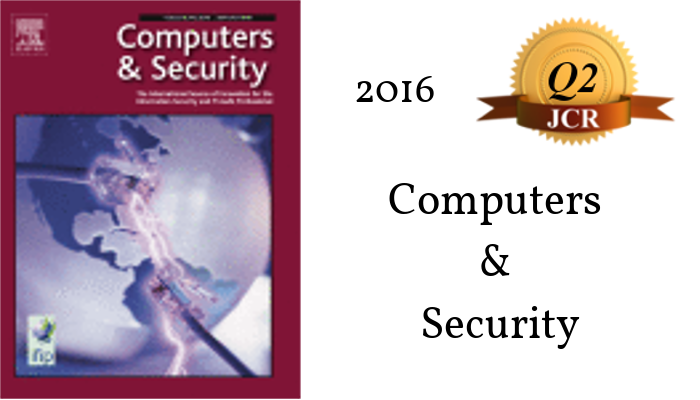
An approach for deploying and monitoring dynamic security policies
INTER-TRUST is a framework for the specification, negotiation, deployment and dynamic adaptation of interoperable security policies, in the context of pervasive systems where devices are constantly exchanging critical information through the network. In this paper, we present an approach based on the combination of monitoring and detection techniques in order to maintain the correlation between the security policies and the associated functionality deployed using AOP.

Using Models at Runtime to Adapt Self-managed Agents for the IoT
Current agent development approaches lack mechanisms to deal with the heterogeneity present in the IoT domain. Moreover, agents must simultaneously deal with potentially conflicting changes in their behaviour, concerning self-management and application goals. We propose to use an approach based on Dynamic Software Product Lines (D-SPL) and preference-based reasoning. The D-SPL provides to the preference-based reasoning of the agent with the necessary information to adapt its behaviour at runtime making a trade-off between the self-management of the system and the accomplishment of its application goals.
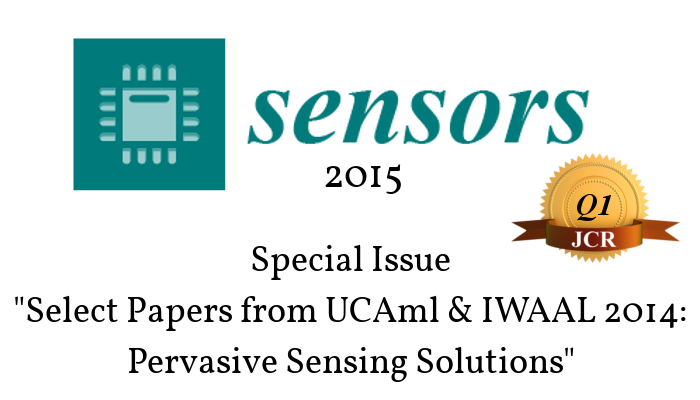
A Software Product Line Process to Develop Agents for the IoT
Our goal is to enhance the development of IoT applications using agents and software product lines (SPL). Specifically, we propose to use Self-StarMASMAS, multi-agent system) agents and to define an SPL process using the Common Variability Language. In this contribution, we propose an SPL process for Self-StarMAS, paying particular attention to agents embedded in sensor motes.
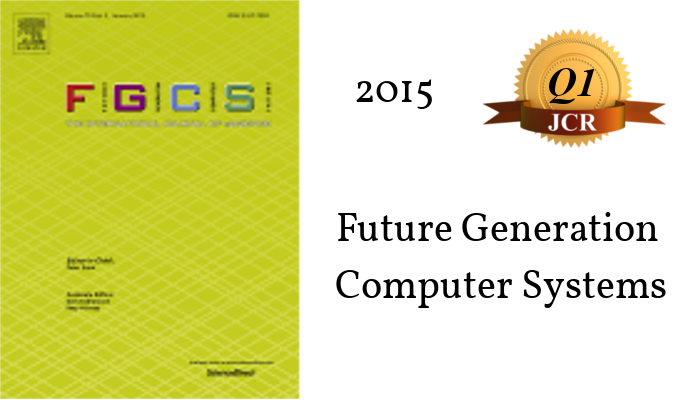
Self-adaptation of mobile systems driven by the Common Variability Language
The execution context in which pervasive systems or mobile computing run changes continually. Hence, applications for these systems require support for self-adaptation to the continual context changes. With our approach, the generated configurations are optimal as regards different criteria, such as functionality or resource consumption (e.g. battery or memory).
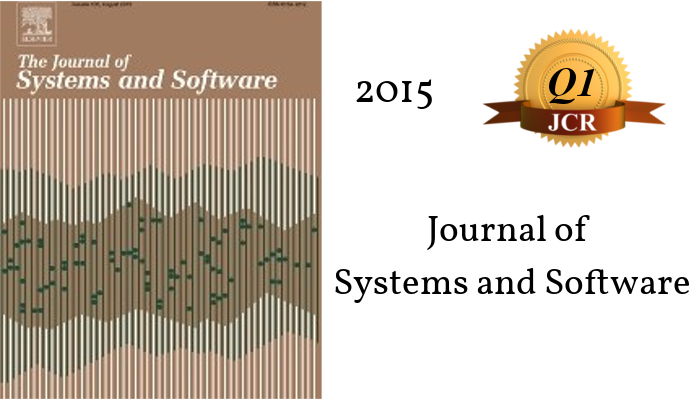
Applying multiobjective evolutionary algorithms to dynamic software product lines for reconfiguring mobile applications
Mobile applications require dynamic reconfiguration services (DRS) to self-adapt their behavior to the context changes (e.g., scarcity of resources). In this paper, we explore the use of multiobjective evolutionary algorithms to generate at runtime optimum configurations of the Dynamic Software Product Line according to different criteria.
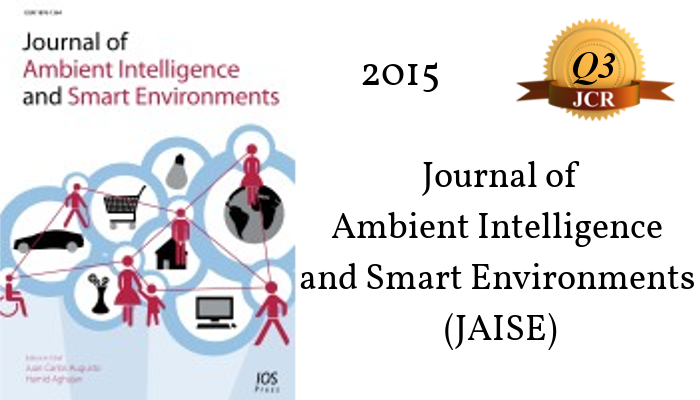
The Sol agent platform: Enabling group communication and interoperability of self-configuring agents in the Internet of Things
In this paper we present Sol, an agent platform that deals with all these limitations suffered by current agent platforms. The main motivation of this work is to promote the use of agents for the development of IoT systems by providing the necessary services required by software agents running embedded in heterogenous devices and interconnected by different communication networks.
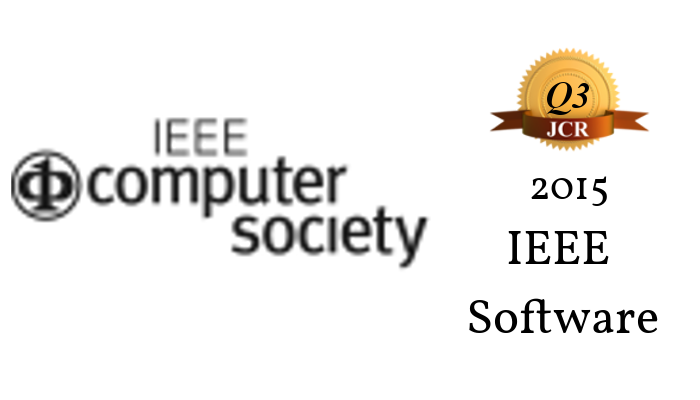
Creating Self-Adapting Mobile Systems with Dynamic Software Product Lines
Mobile systems must cope with continuous context changes, making them an ideal fit with dynamic software product lines (DSPLs), which enable product adaptation at run time. In this DSPL-based process, devices upload only a small reconfiguration plan rather than the entire variability model, and providers manage diversity without disrupting the base model.
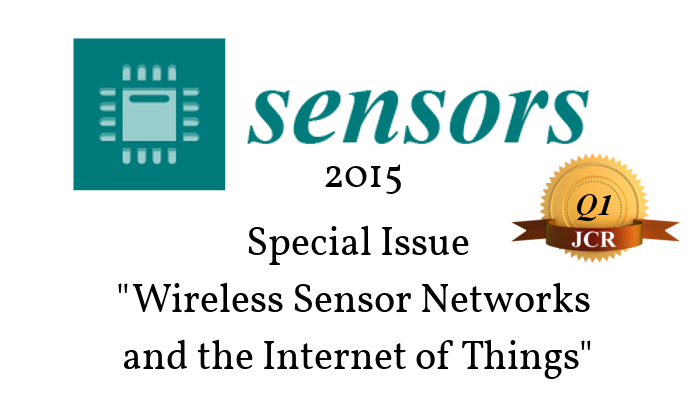
Dynamic Reconfiguration of Security Policies in Wireless Sensor Networks
Providing security and privacy to wireless sensor nodes (WSNs) is very challenging, due to the heterogeneity of sensor nodes and their limited capabilities in terms of energy, processing power and memory. The applications for these systems run in a myriad of sensors with different low-level programming abstractions, limited capabilities and different routing protocols. In this paper, we propose a self-protection solution for WSNs based on the combination of the INTER-TRUST security framework and the FamiWare middleware.
